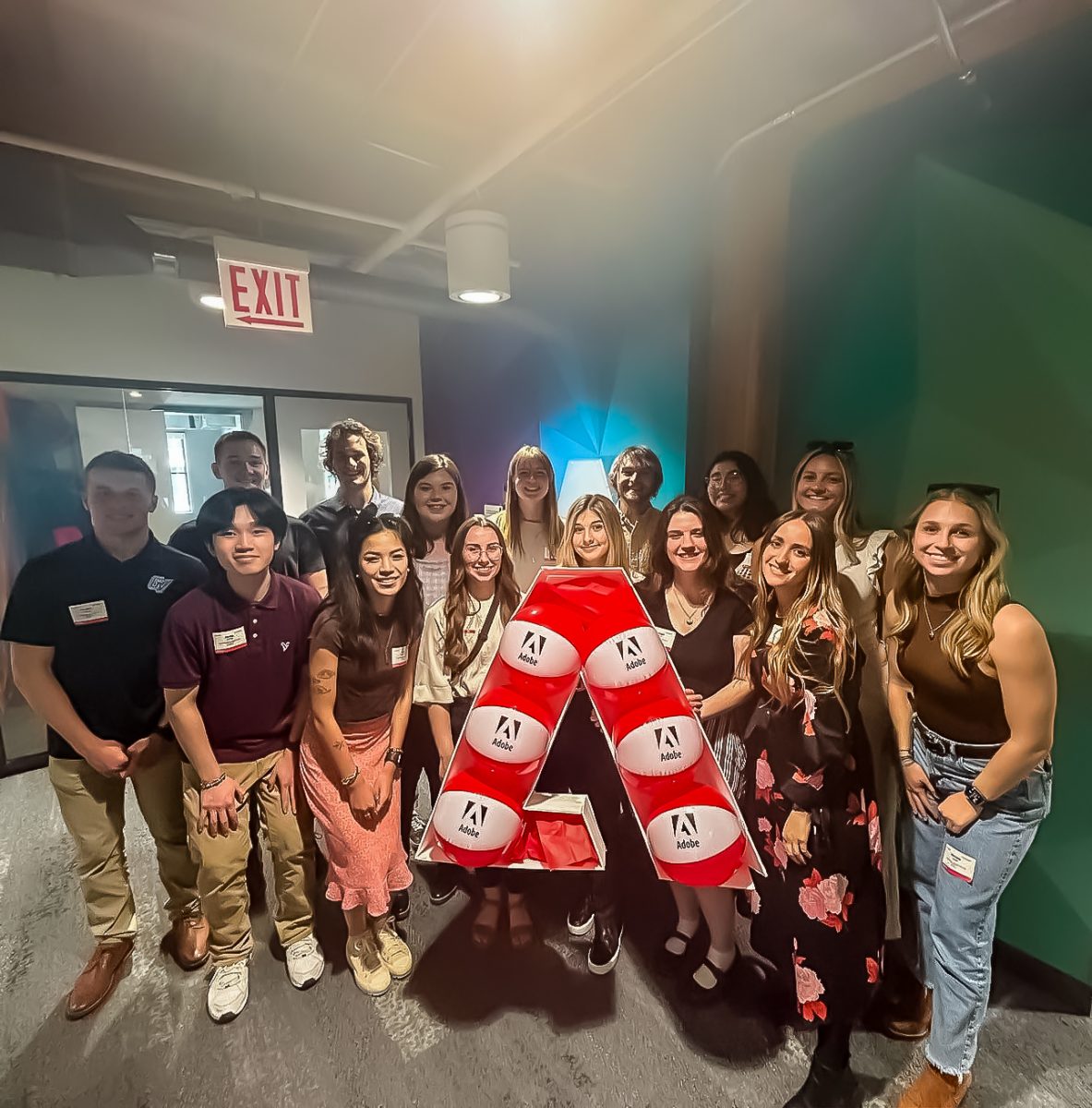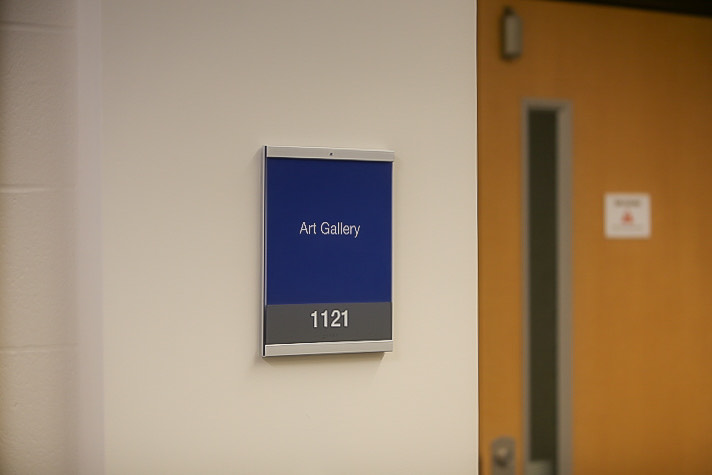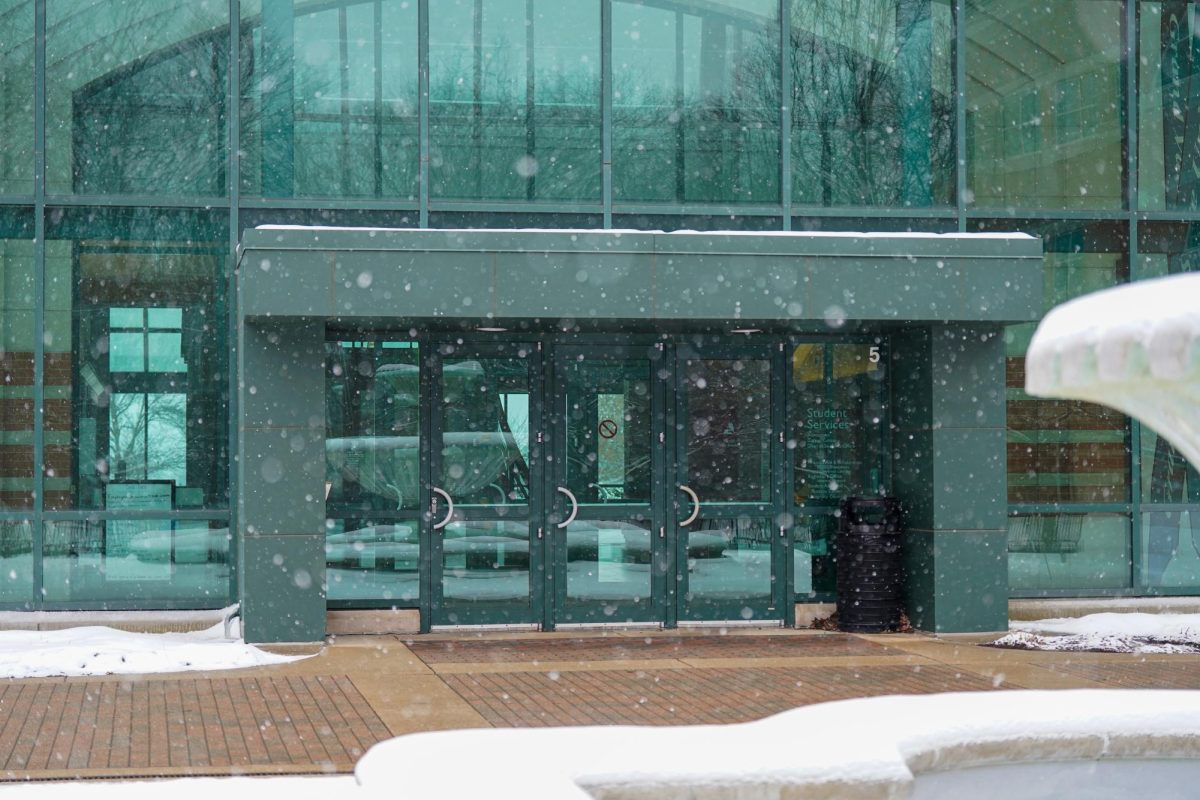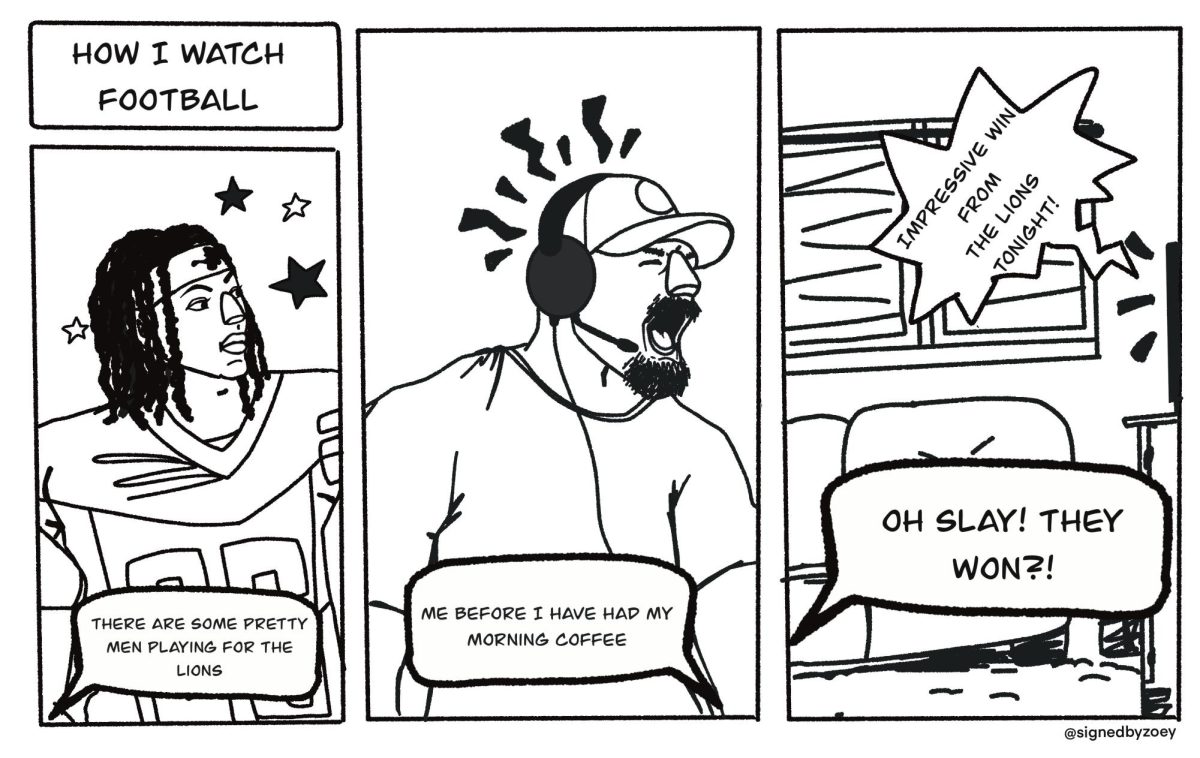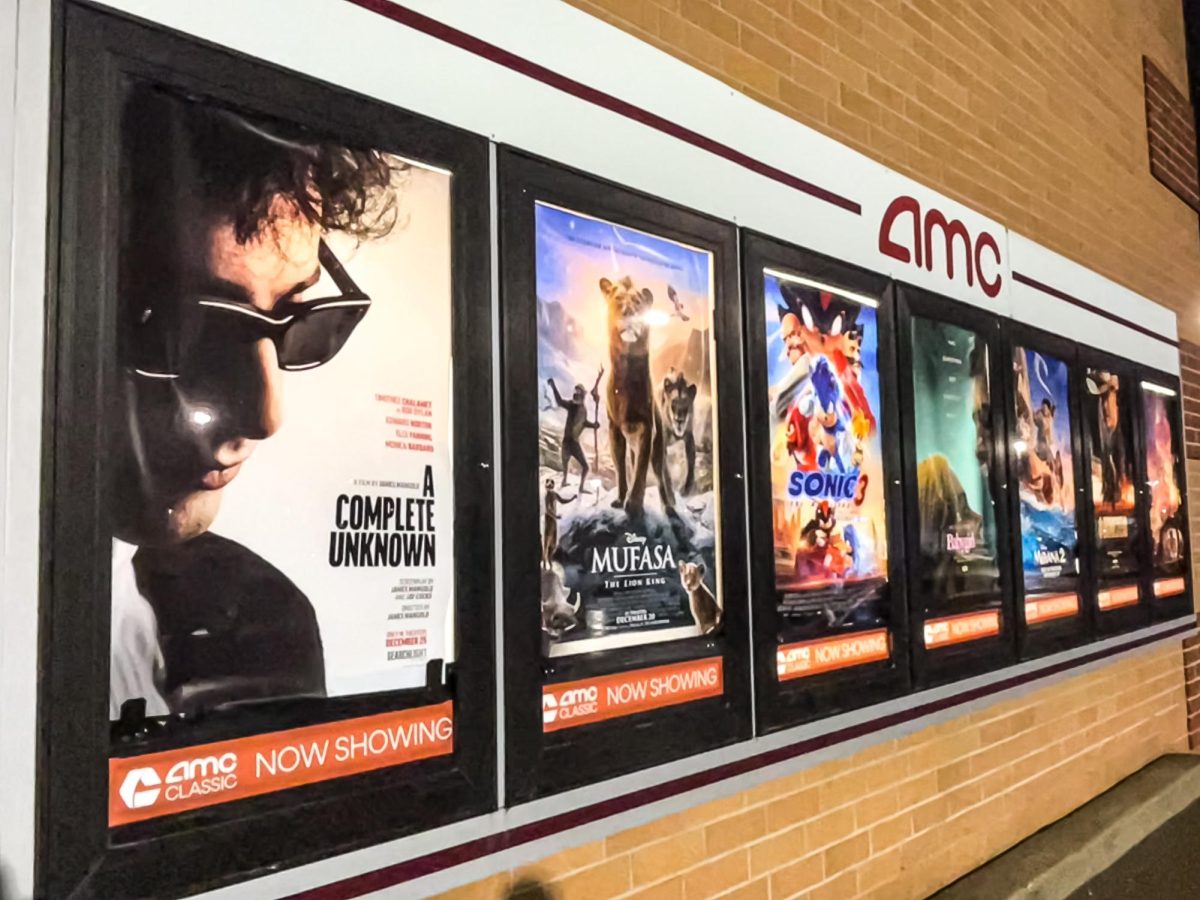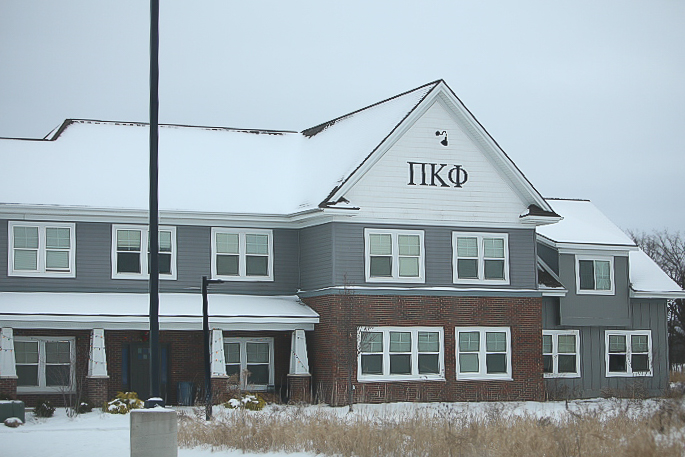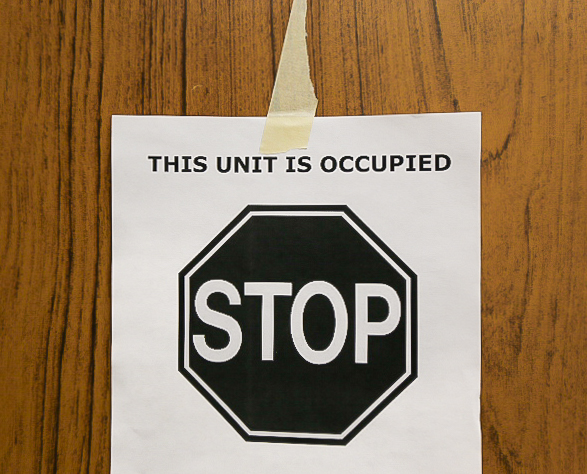Letter to the Editor: “Cry Uncle” based on faulty considerations
Jun 4, 2012
Dear Editor,
I reject some of the premises from the editorial “Cry Uncle,” because I think you arrived at your opinion based on faulty considerations.
Not all schools of economics believe “pumping money into the economy is necessary to thrive.” Economics is a value free science whose analyses can assist the subjective valuations of its human actors. I would say that likely most of us want to thrive, but inflating the currency is unnecessary. This is done generally by printing or borrowing money, and then giving it to politically connected people. The first users receive the good purchasing power of the money (usually the military industrial complex) and the last users (poor people) receive a more “inflated” weak purchasing power as that money trickles down. Money sitting in a bank still “does something,” it helps mitigate risk by lenders.
Your piece also uses the measurement of an interest rate as if nothing bad can occur when government sets it too low. Is this not exactly what happened with the housing bubble? The government passed laws regarding housing and its affordability, directed connected enterprises into the industry, and kept the interest rate artificially low. Simply, many people who could not afford a house went against their interests, because these manipulations made it look affordable. I know the “free market” credit-default swaps take all the blame, but that doesn’t answer why all the crony banks flooded into housing and not other industries.
How is this not exactly what the government is doing with higher education? Suppose you were a bank and had to risk your money: What interest rate do you give an 18 year old with no collateral, no experience, and no research numbers to back up his $40k idea? I imagine this rate would be so high that the bank would not take the risk, or they would at least double check the numbers on the investment (probability of paying back the loan from job placement).
More students would be able to attend school in this scenario, because it would force schools to drop prices in order to capture more students. If we accept higher education as a public good, taxpayers will not allow universities to charge high tuition so a few students can sit in half empty buildings. Likewise, no public universities track the number of alumni living in their parent’s basement, nor working outside their field of study; there are simply no financial consequences for actions by the institution from these metrics. They are rewarded with millions of dollars from the state and federally backed loans no matter how many of us wind up on the couch.
You are correct that student loan debt is likely the largest problem facing our generation (although I think this disregards the disgusting acts of war we’re so sheltered from; first world problems). But let’s not pretend the manipulation of interest rate by a central authority (rather than the entrepreneurial calculations done by a private bank caring for the interests of its members and risk of loss) does anything but cause mass amounts of malinvestments that must ultimately be liquated in the bust. Let us also not blame the “free-market” for the student loan asset backed securities (SLABS) whose trade will likely tip off the crash. You have only your government to blame for resource allocation into the higher education industry.
Andrew Finnerty
Senior, English literature major
Candidate for an Internship at the Hayek Institute (only visa pending).












